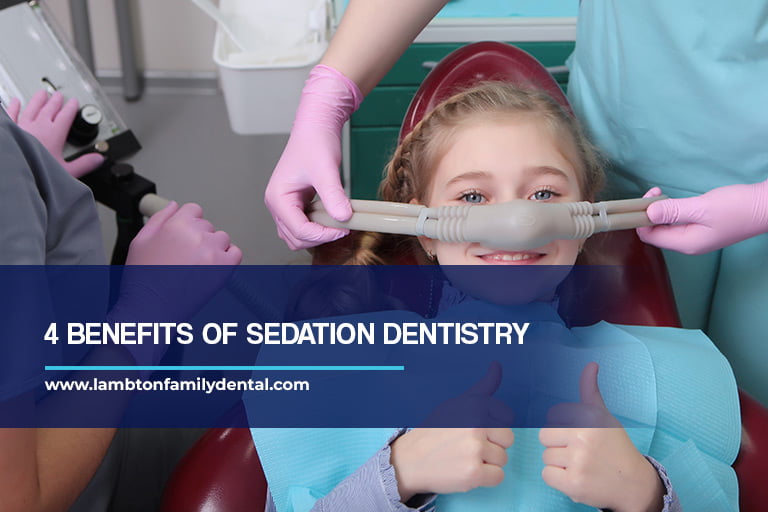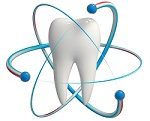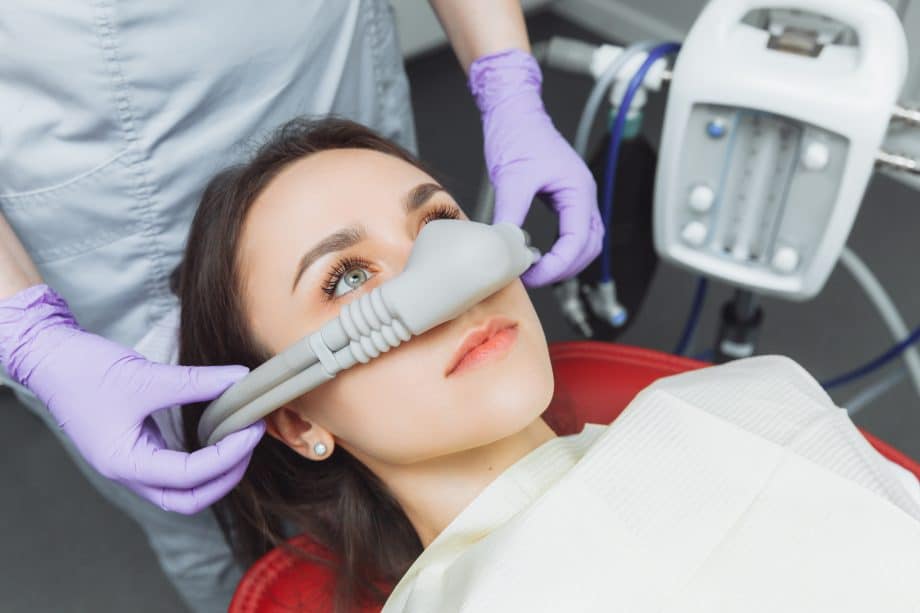Introduction
Are you someone who experiences anxiety or fear when it comes to visiting the dentist? If so, you’re not alone. Dental anxiety is a common issue that affects many people, often preventing them from seeking the dental care they need. However, thanks to advancements in dentistry, there is a solution – sedation dentistry. In this blog post, we will explore how sedation dentistry works and who can benefit from it.
Understanding Sedation Dentistry
Sedation dentistry is a technique used by dental professionals to help patients relax and feel comfortable during dental procedures. It involves the use of sedatives to induce a state of relaxation, making it easier for patients to undergo dental treatments without anxiety or fear.
Types of Sedation
There are different levels of sedation used in dentistry, depending on the patient’s needs and the complexity of the procedure. The most common types of sedation include:
Nitrous Oxide
Nitrous oxide, also known as laughing gas, is a mild sedative that is inhaled through a mask placed over the nose. It helps patients feel calm and relaxed during dental treatments while still remaining conscious and able to respond to the dentist’s instructions.
Oral Sedation
Oral sedation involves the administration of a prescribed medication in the form of a pill or liquid. This type of sedation induces a deeper level of relaxation, and patients may feel drowsy or even fall asleep during the procedure. However, they can still be easily awakened if necessary.
Intravenous (IV) Sedation

IV sedation is administered directly into the bloodstream through a vein. This method allows for precise control of the sedative’s effects, and patients often have little to no memory of the procedure. IV sedation is commonly used for more complex dental procedures or for patients with severe dental anxiety.
Who Can Benefit From Sedation Dentistry?
Sedation dentistry can be beneficial for various individuals, including:
Dental Anxiety or Phobia
Many people experience dental anxiety or phobia, which can make it challenging to undergo necessary dental treatments. Sedation dentistry helps these individuals relax and feel at ease during their dental visits, enabling them to receive the care they need without fear or stress.
Gag Reflex
Some individuals have an overly sensitive gag reflex, making it difficult for them to tolerate dental procedures. Sedation dentistry can help suppress the gag reflex.
Summary
Sedation dentistry involves the use of medication to help patients relax during dental procedures. It is a safe and effective option for individuals who experience dental anxiety, have a low pain threshold, have a sensitive gag reflex, or require extensive dental work. By administering sedatives, dentists can create a calm and comfortable environment, allowing patients to receive the necessary dental care without fear or discomfort. Sedation dentistry can be tailored to different levels of sedation, ranging from minimal to deep sedation, depending on the patient’s needs and the click this site complexity of the procedure. It is important to consult with a qualified dentist to determine if sedation dentistry is a suitable option for you.
- Q: What is sedation dentistry?
- A: Sedation dentistry involves the use of medication to help patients relax during dental procedures.
- Q: How does sedation dentistry work?
- A: The dentist administers sedative drugs, which can be inhaled, taken orally, or injected, to induce a state of relaxation and reduce anxiety.
- Q: Who can benefit from sedation dentistry?
- A: Sedation dentistry is beneficial for individuals who experience dental anxiety or fear, have a low pain threshold, have a sensitive gag reflex, require extensive dental work, or have difficulty sitting still for long periods.
- Q: Are there different levels of sedation?
- A: Yes, sedation dentistry offers different levels of sedation, ranging from mild relaxation to deep sedation, depending on the patient’s needs and the complexity of the dental procedure.
- Q: Is sedation dentistry safe?
- A: When administered by a trained and experienced dentist, sedation dentistry is considered safe. The dentist will carefully evaluate the patient’s medical history and monitor vital signs throughout the procedure.
- Q: What are the advantages of sedation dentistry?
- A: Sedation dentistry helps patients feel more comfortable and relaxed during dental treatments, reduces anxiety and fear, allows for multiple procedures to be performed in a single visit, and can help individuals with dental phobia maintain their oral health.
- Q: Are there any side effects of sedation dentistry?
- A: While rare, some potential side effects of sedation dentistry may include temporary drowsiness, dizziness, nausea, or headaches. These effects typically subside shortly after the procedure.
- Q: How long does the sedative effect last?
- A: The duration of the sedative effect depends on the type of sedation used. Some sedatives wear off quickly, while others may leave the patient feeling drowsy for a few hours. The dentist will provide specific instructions and guidelines.
- Q: Will I be unconscious during the

Welcome to my website! My name is Ryder Forsyth, and I am a dedicated and passionate professional Orthodontist. With years of experience in the field, I have had the privilege of helping countless individuals achieve their dream smiles and improve their overall oral health.

